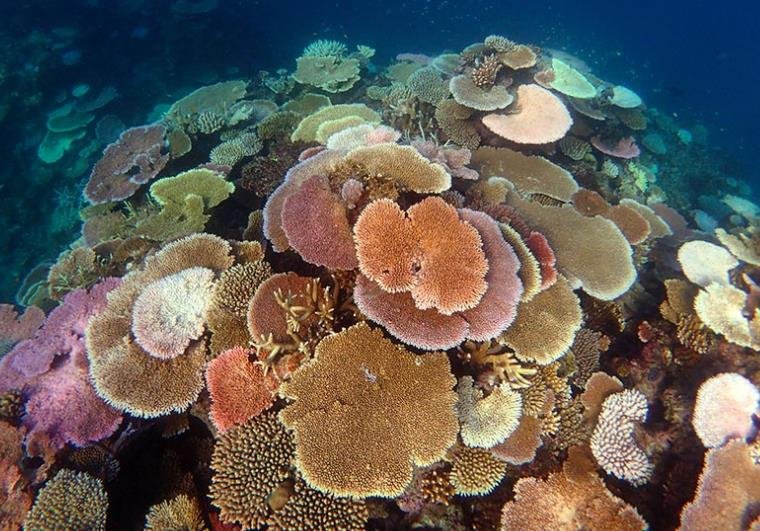As ocean temperatures continue to rise, marine biologists have observed a perplexing trend: fish are getting smaller. Researchers from Abu Dhabi have embarked on a scientific quest to understand this phenomenon, delving into the survival strategies of fish in the world’s warmest waters. Their findings could redefine our understanding of marine life’s response to climate change.
The Arabian Gulf, known for its extreme temperatures, has become a natural laboratory for studying the impact of heat on marine species. Scientists have long theorized that warmer waters reduce the maximum size of fish due to metabolic constraints on oxygen supply. However, recent studies by NYU Abu Dhabi researchers challenge this view, revealing that some fish species exhibit remarkable adaptations.

These adaptations include changes in metabolism and swimming abilities, allowing fish to maintain efficient oxygen supply and performance even in elevated temperatures. This discovery suggests that the shrinking of fish may not be solely due to oxygen supply limitations but could also involve an energy imbalance between what fish can obtain and what they need to sustain themselves.
Beyond Oxygen: A New Theory on Fish Size Reduction
The prevailing theory that gill size limits growth in warmer waters is being reconsidered. Instead, the focus is shifting towards the energy dynamics of fish species. The study compares two species of fish in the Arabian Gulf with their counterparts in the cooler Gulf of Oman, highlighting the unique qualities that enable survival in hotter conditions.
This research proposes that the decrease in fish sizes in warm oceans might be more closely related to an imbalance in energy acquisition and consumption. Such insights are crucial for predicting how marine life will cope with future climate scenarios.
Implications for Fisheries and Ecosystems
The findings from Abu Dhabi’s scientists have significant implications for fisheries and global ecosystems. Understanding how fish adapt to warmer waters can inform conservation strategies and help predict the future of marine biodiversity. As the oceans continue to warm, these insights will be vital in managing and protecting our aquatic resources.
















